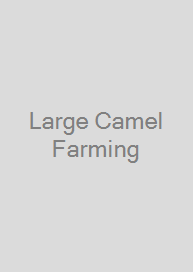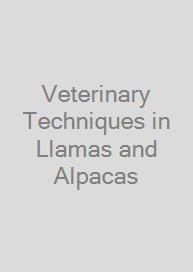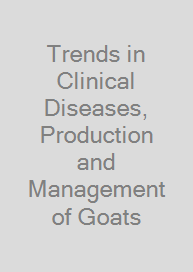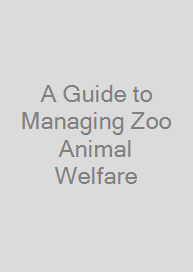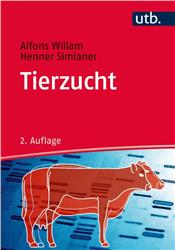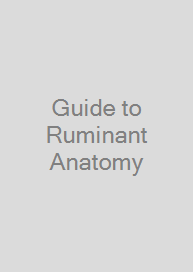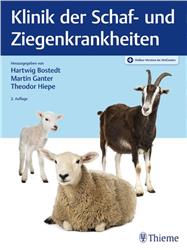Large Camel Farming
A Care-Management Guide from Breeding to Camel Products
| Auflage | 2023 |
| Seiten | 211 pp., 190 illus. |
| Verlag | Springer |
| ISBN | 9789402422368 |
| Artikel-Nr. | 697606 |
Noch nicht erschienen, ca. Nov. Liefertermin 1-3 Tage nach Erscheinen
Produktbeschreibung
This practical guide is intended for all actors in the sector who work with large camelids, whether in breeding, technical advice or veterinary care. It successively describes the general aspects of the species, the physiological bases of reproduction, lactation and feeding, the main production processes, and health and hygiene management in camel breeding. Chapters on slaughter, important camel products and their processing complete the volume.
Large camels (camels and Bactrian camels) are domestic animals that are increasingly used in Western countries, as well as in Africa and Asia, for tourism, sport, and production of milk, meat, and wool. In addition, camel husbandry systems are changing, taking a greater share of sedentary systems, specializing in breeding, and intensifying production. At the same time, many veterinarians and breeders are not familiar with the animal, its needs, physiology, diseases, and management, which is often based on practices introduced for cattle and proving ineffective.
This work is a practical aid for all interested readers who want to embark on the adventure of working with large camelids in a cultural context where they are not yet a dominant element of the agricultural landscape. The numerous photographs and drawings that support the text make it a unique and entertaining read.
Large camels (camels and Bactrian camels) are domestic animals that are increasingly used in Western countries, as well as in Africa and Asia, for tourism, sport, and production of milk, meat, and wool. In addition, camel husbandry systems are changing, taking a greater share of sedentary systems, specializing in breeding, and intensifying production. At the same time, many veterinarians and breeders are not familiar with the animal, its needs, physiology, diseases, and management, which is often based on practices introduced for cattle and proving ineffective.
This work is a practical aid for all interested readers who want to embark on the adventure of working with large camelids in a cultural context where they are not yet a dominant element of the agricultural landscape. The numerous photographs and drawings that support the text make it a unique and entertaining read.
